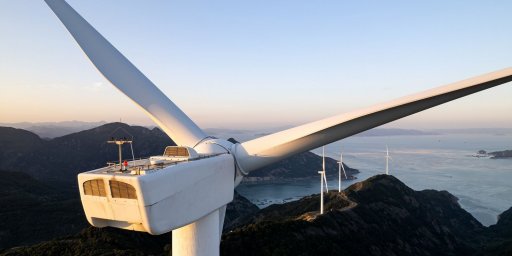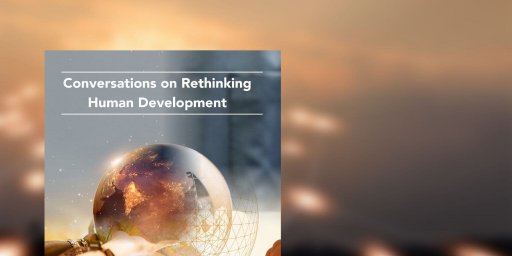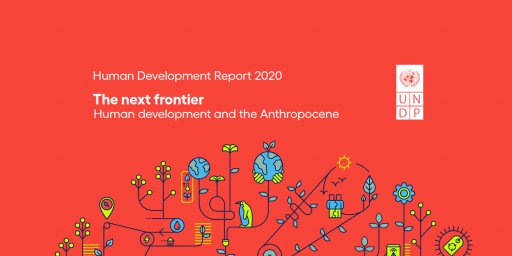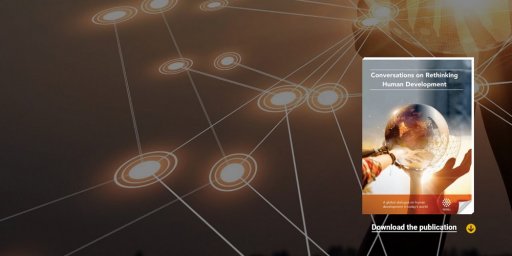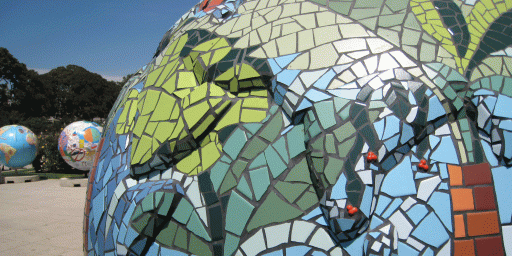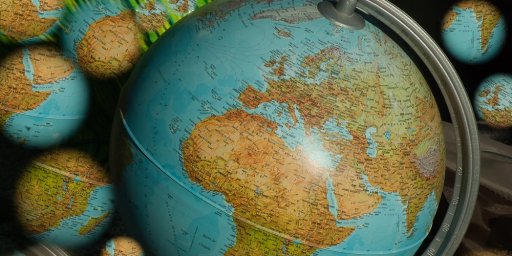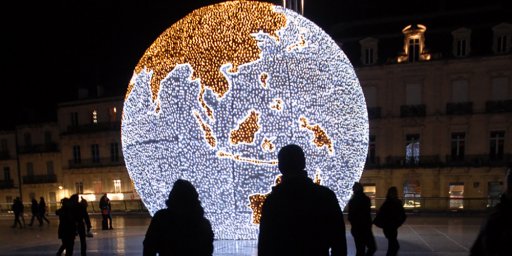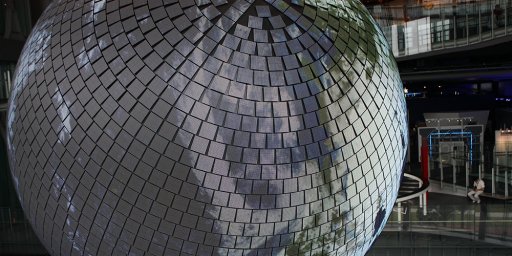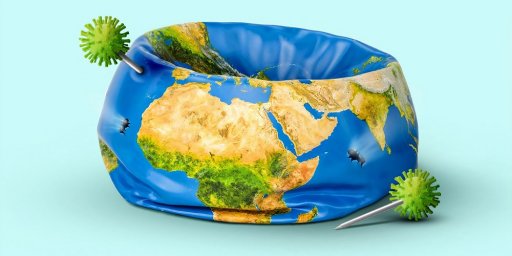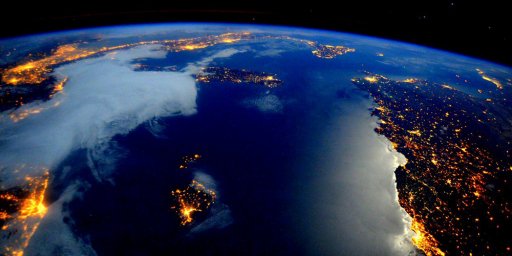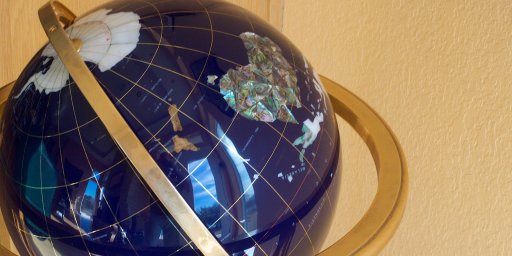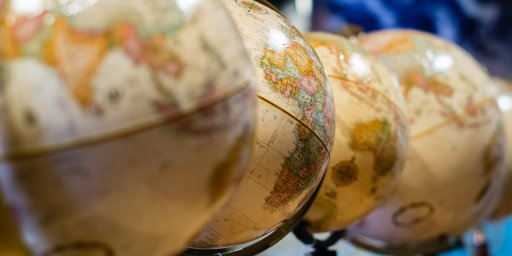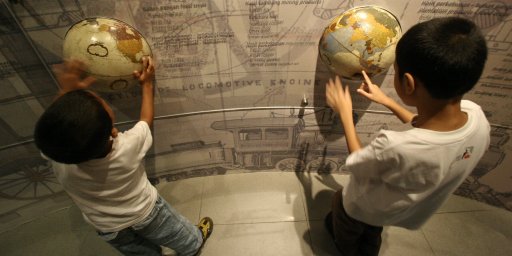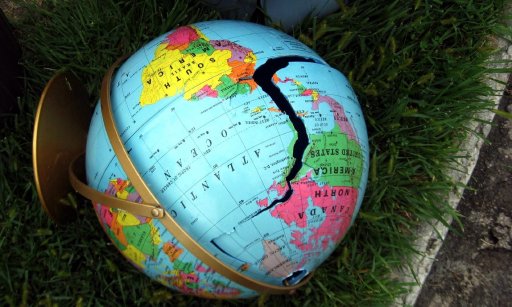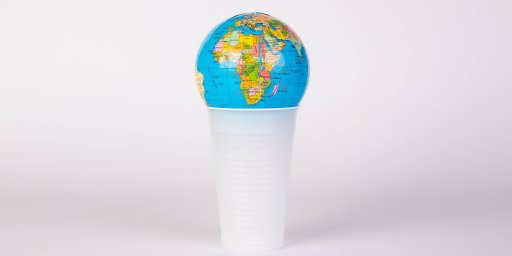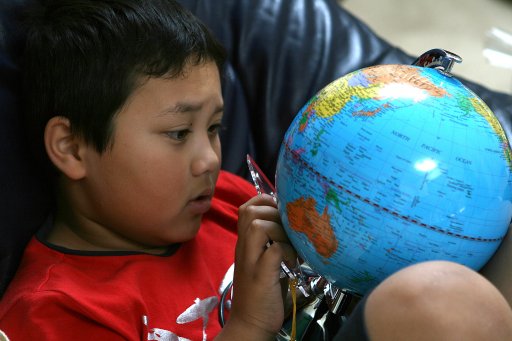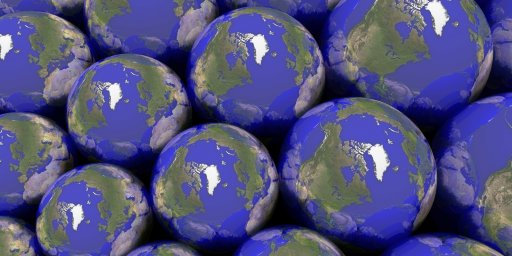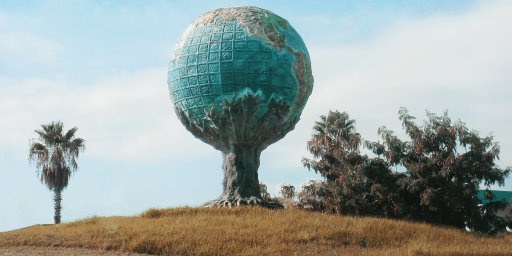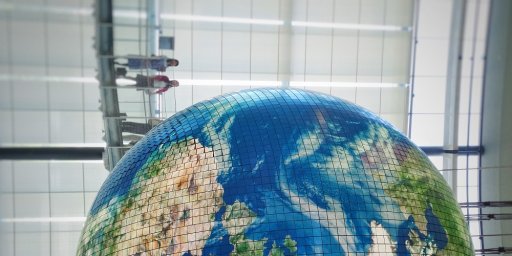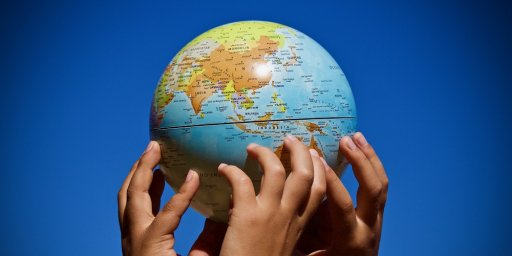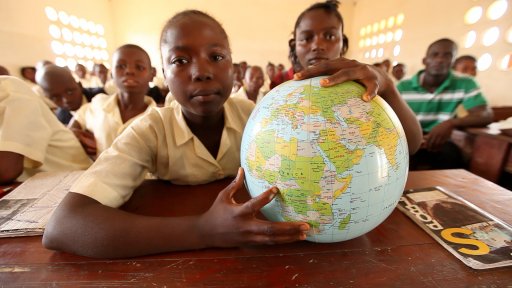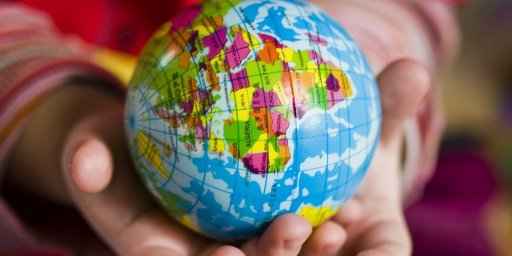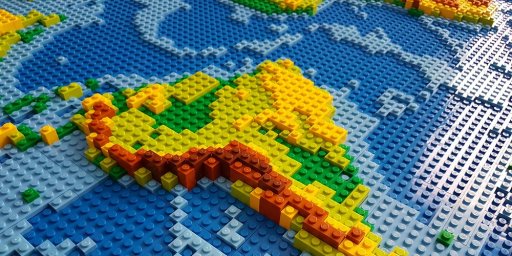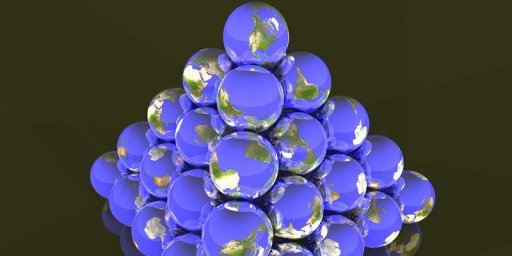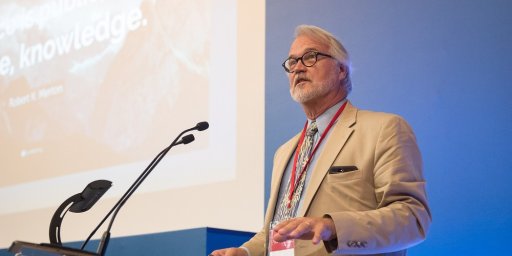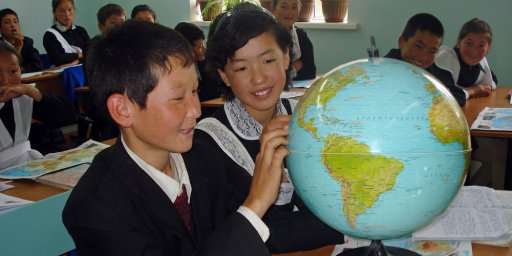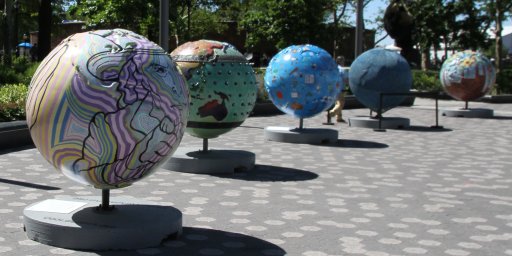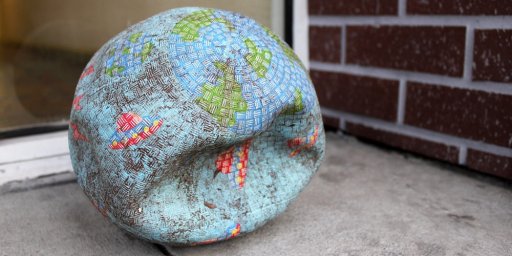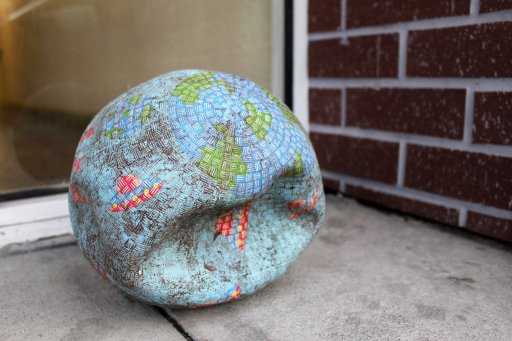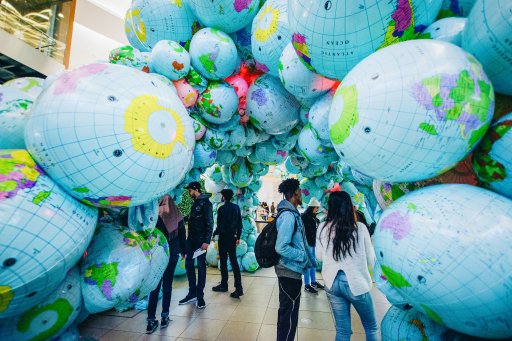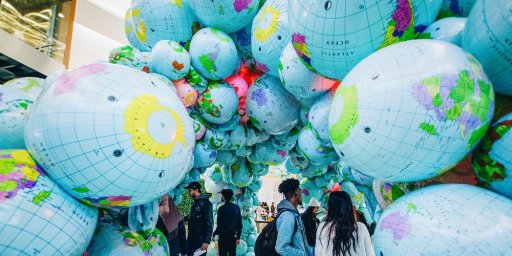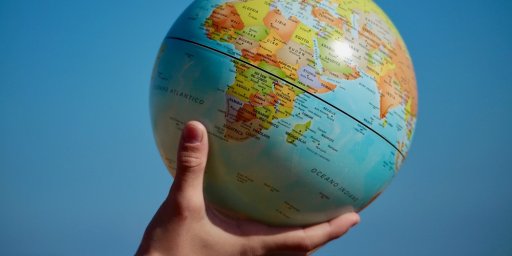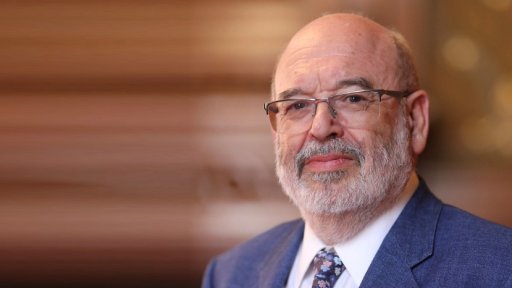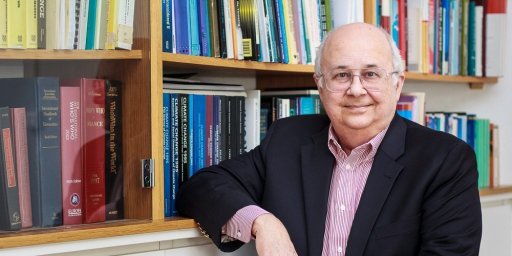What do you think is at the core of a human-centred development concept?
We must be careful how we talk about ‘human-centred’, because I really believe that humans are an integral part of global ecosystems, part of nature. To call it a human-centred approach is similar to taking a ‘heart-centred’ approach to health: it is only one small component of the system. In terms of thinking about human well-being in contrast to simply the accumulation of material things, I heartily approve of it, but I am deeply concerned about a human-centred focus that neglects the rest of the ecosystem that we and all other species absolutely depend on for our survival. For example, I am an ecological economist and in my field a lot of people talk about ecosystem services in terms of benefits that nature provides to people. While I think that is important, I also think we have to recognize that if the scientists are right, we have exceeded multiple planetary boundaries and are at the risk of catastrophic outcomes. That means that if we want to continue to thrive as a species in a civilization, we need to start focusing on restoring the damage we have done before it is too late. We have a narrow window of opportunity in which to act before the damage becomes irreversible. What we really need is a society that, instead of thinking about what nature does for us, begins to think about what human society can do for nature. Since we depend on nature’s systems for our survival, even purely human-centred development must focus on protecting and restoring nature’s systems, but too much emphasis on the human side makes us forget we are only a small part of the whole.
In connection to that idea, what do you think are the main challenges or obstacles to human development today?
One of them, I think, is precisely that idea that humans view themselves as distinct and separate from nature and not dependent on nature in any way. Economists in particular are very explicit about it: we used to talk about nature, capital and labour as the three factors of production, where nature includes land and raw materials; but gradually, a hundred years ago, economists decided that nature is not really necessary, and labour and capital are perfect substitutes for nature. This contradicts the basic physical law that we cannot make something from nothing. Nature provides all the raw materials required for economic production and is the sole recipient of all the wastes we generate. Economists first dropped nature from the production function and now we are focusing more and more on financial capital. At this rate, economists might drop labour from the production function as well.
The other big obstacle in terms of how I would define human development relates to the fact that we are among the most social species: humans are incapable of surviving apart from their society and culture. Even our most basic functions, to go to the bathroom in a sustainable way for example, requires this incredible accumulation of knowledge, generated by millions of people over thousands of years to develop our sewage systems, our toilets. In human development there is often this emphasis on individual freedoms and individual needs, but we have to recognize that we are part of a huge society, a culture we cannot survive without, and that most of the challenges we face today do not rely on individual choices. Rather, they call for collective actions and collective choices, about climate, about biodiversity, even about things like equity and how our society is distributing our resource base – our shared inheritance from nature. We have this myth that markets award resources based on people’s productive capacity or more specifically on their marginal output. We live in a political economy in which power relations determine who gets what. Focusing too much on the individual prevents us from understanding that only collective action and collective decisions are possible for many of our most serious challenges: I cannot possibly, as an individual, choose how much climate stability I want or how clean I want my water sources or air to be.
Even how we satisfy our basic needs is heavily influenced by our society. Our culture defines what is necessary and different cultures can define that very differently. I agree with Manfred Max-Neef’s view that there are basic needs that are universal across cultures. He notes there is a need for subsistence, but also for affection, understanding, participation, creativity, identity and so on. These are universal across cultures, but the way each culture satisfies them can differ a lot. As cultures, we shape what is required to fulfil those needs and that makes this really difficult and culturally context-dependent. Too many of the experts in these areas come from what has been dubbed the WEIRD cultures (White, Educated, Industrialized, Rich and Democratic), who then assume that their values apply everywhere. That is a major problem with any definition of human-centred development developed by the educated elite.
The other important point about human development that interests me is the evolution of cooperation and cultural evolution. I think that we have evolved not just to want to have things but also to be able to participate in and contribute to our societies in a meaningful way. Those are basic human needs. Rich nations and most economists are obsessed with the idea that only increasing material consumption enhances well-being. We only work so that we can consume more and more, but I think we actually should be trying to flip that paradigm to focus more on the pleasures of production. We must acknowledge that we have a finite planet, finite resources and enormous numbers of people, so the amount we can each consume sustainably without causing irreparable damage to the planet is incredibly limited. We should reframe development as satisfying our basic needs in the most enjoyable, fulfilling, rich and rewarding way possible.
Of course, if we are talking about human development, our priority should be those people who have not met their basic needs. But once basic needs are met, we should focus on meeting them in a way that is as rewarding and fulfilling as possible. Human development cannot just focus on less developed nations but must also consider how over-consumption in the rich nations has used up the surplus ecological capacity, thus reducing the capacity of poor nations to achieve human development. We have to look at humans as part of a finite planet. Overdeveloped countries are consuming so much it hinders the capacity of poor countries to meet basic needs. The mainstream view is that the more the rich nations consume, the more markets there are for poor nations to make products and make income. I think that is exactly the wrong way to do it.
Do you wish to add something we have not addressed yet?
You had one question in there about how my own research can contribute. I am very interested in the economics of essential resources. Essential resources fulfil basic human needs: food, water, energy and other ecosystem services. I would also include information, as there is no economic activity without knowledge. I think all of these are essential services or essential resources, but I also think essential resources have fundamentally different economic characteristics that make them a poor fit for market allocation.
Markets supposedly drive the economy to equilibrium because, as a resource becomes scarce, the price goes up, so demand goes down and we develop new substitutes, so supply increases. Markets then allocate resources to those who value them the most, which theoretically maximizes utility for society. But in a market, demand is preferences weighted by purchasing power. I did a global study estimating the elasticity of demand for food in 170 different countries — elasticity of demand is determined by how much you decrease your consumption when the price of food goes up by a unit percentage. Economists say, ‘well, you know, the magic of the market is that it allocates resources to those who need them most’. The poor clearly need more food the most, since they will starve if their consumption decreases. But in reality, in an unequal economy, purchasing power completely dominates preferences. When the price of food goes up in rich countries, we do not change consumption at all. When the price of wheat tripled in 2007 and 2008, there was zero decrease in demand on the part of the rich. The poorest countries actually decreased food as much as seven tenths of a per cent for each percentage increase in price. The sacrifices are made by the poor and so what this means, first of all, is that the price mechanism is broken: demand is not responsive to price except for the poor.
Furthermore, if we believe the scientists about our planetary boundaries, the biggest threat to those planetary boundaries is agriculture. Increasing supply has an immeasurably high cost to ecosystems. And we need to eat every day. So if there is a food shortage it takes at least one growing season to increase supplies, and then only at tremendous cost to global ecosystems, so the price mechanism is broken in terms of both demand and supply. And then, when you have unequal distribution of wealth as we have now, the market systemically allocates essential resources to those who actually need them least. That is empirically verifiable, although economists say you cannot compare utility between individuals – it’s seen as not being scientific. Maybe that is true for a cell phone; I do not know if I get more pleasure from my cell phone than you get from yours; but for food and essential resources, we can definitely say that the person without enough to survive gets greater marginal utility than a person who has them in abundance.
I think that we should handle a lot of essential resources outside of markets. I like the example of California; it had a big electric crisis when Enron and a few other corporations got together and agreed to take some production offline, knowing the price would skyrocket with a small change in quantity, and so they made billions of dollars and were fined few hundred million or whatever. But at the same time, Brazil had a drought and they are totally dependent on hydropower, so their energy supply dropped. California let prices adjust to supply; Brazil just said, ’You know what, we have 10% less electricity than last year’s. We know what we consumed last year. You’re going to consume 10% less this year at the same price. You’ll actually spend less money,’ and there was no hardship. In California we had brown-outs, we had businesses go bankrupt, we had the governor chased out of office and Arnold Schwarzenegger elected. In Brazil they used a non-market mechanism. It was a non-event.
Then the other thing I am very interested in is monetary and financial systems. Mainstream economics actually says that money is neutral, that it really facilitates barter and has no other role so it does not matter who creates it; it is largely ignored in economic theory. In fact, I think it is one of the most important mechanisms out there: the finance sector can loan money to businesses to create real productive capacity and jobs and real wealth. Over the past 40 years, it has primarily loaned to buy existing assets, which skyrockets their value while creating no new wealth, but the loans have to be paid back with interest. So, you have this mechanism requiring exponential growth in value, but if it is buying and selling the same assets over and over, it is just driving up their prices while creating no new value. All that does is create this massive instability that leads to a huge crash and then we will bail out the financial system. I really think that our current financial system is horribly ill-suited to human development. And another research area I am very interested in is cultural evolution, evolution of cooperation, and again here I look at the physical nature of resources. Take fossil fuels. We have a fossil fuel economy right now, capitalism emerged hand-in-hand with the fossil fuel economy. Oil has exclusive owners and one person’s use leaves less for others, so competition and rationing are required. Oil fits very well into the market system. Now, we have to transition to an alternative energy economy. If you take the example of solar energy, no matter how much you use in one country, it has no impact on how much we have available to use in other countries. So, there is zero competition across regions. What is required to capture solar energy is knowledge, which actually improves through use. Energy is required for all economic activity; it has an incredibly important role in the design of our economy. Owing to the different physical characteristics of fossil fuels and solar energy, we are moving to an economy in which cooperation objectively helps us meet the human need for energy far better than competition. Furthermore, once you have the knowledge required for alternative energy, its value is maximized at a price of zero. If I develop some clean alternative to fossil fuels and put a patent on it and sell it the highest price markets can bear, China and India cannot afford it and we still get runaway climate change. What we need is cooperative investment in knowledge that is then freely available to all, which is a radically different economic paradigm. I use energy as an example, but I actually think that paradigm applies to biodiversity loss, to climate change, to dealing with pandemics, to all of these things, and so again, I really see a fundamental shift. Different physical characteristics of different resources call for different approaches to allocation. We need a scientific economic system that designs economic institutions according to the goals we want to achieve and the characteristics of the resources needed to achieve them.
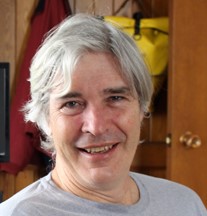
Photo: University of Vermont
Josh Farley is an ecological economist and Associate Professor in Community Development & Applied Economics and Public Administration and a Fellow in the Gund Institute for Ecological Economics at the University of Vermont. His broad research interests focus on the design of an economy capable of balancing what is biophysically possible with what is socially, psychologically and ethically desirable.
Cover image: Torbakhopper via Flickr.

